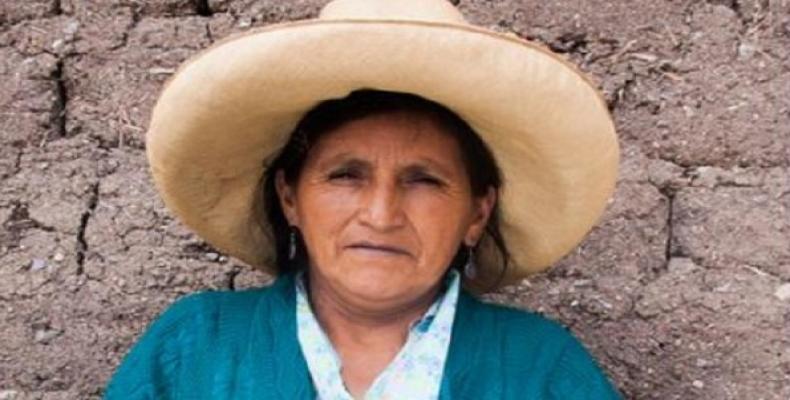Lima, October 22 (teleSUR-RHC)-- Indigenous women are seeking justice and reparations for more than 300,000 cases of forced sterilization committed against Peru’s Native and farmer women during the government of former President Alberto Fujimori.
In a joint appeal to the Peruvian government, Amnesty International and the Association of Women of Huancabamba have called for the creation of a reparations system to compensate for “one of the most grave human rights violations in recent times.”
The case refers to the forced sterilization carried out against more than 300,000 poor and Indigenous women between 1996 and 2000 by the government of then President Alberto Fujimori.
While the first legal complaint was filed in 2002, the prosecutor’s investigation has seen little progress to bring justice to the victims, activists say.
The current case includes only a bit more than 2,000 complaints but has failed so far to recognize the 204 cases of forced sterilization of Indigenous women represented by the Association of Women from Huancabamba.
Esperanza Huayama, president of the group, said she lost her son when she was forcibly sterilized together with another hundred women from her community. She said unidentified doctors approached them and promised food and medical supplies in exchange for their intervention.
"I did not know what they were going to do to us. After I fell asleep under anesthesia they realized I was pregnant and I asked them not to take away my son. Then I woke up with excruciating pain and I was left on a bed with another woman because we were too many. We were treated like animals, " Huayama said.
Huayama was 20 years old at the time of incident. Today, at the age of 45, her body is no longer in physical condition to work as a result of the medical abuse she suffered.
“Other women also suffered sterilizations badly done and died. Others were left defenseless. This is why we want justice and reparations from the government,” she added.
Huayama is one of many victims from a public health policy intended to diminish births in the poorest areas of Peru. Although in lesser numbers, as many as 22,000 men were also subjected to sterilizations. Food was used both as a threat and incentive to carry out the medical procedure without informing the mostly Indigenous and farmer women of their intentions.
Fujimori has been imprisoned since 2007 over corruption and human rights abuses, and claimed that the women were voluntarily sterilized.
Human rights organizations had appealed a previous ruling issued in Jan. 2014, which found there was not enough evidence to maintain the investigation over the former dictator.
In May, Peruvian judicial authorities granted the request from human rights groups to reopen the case.


